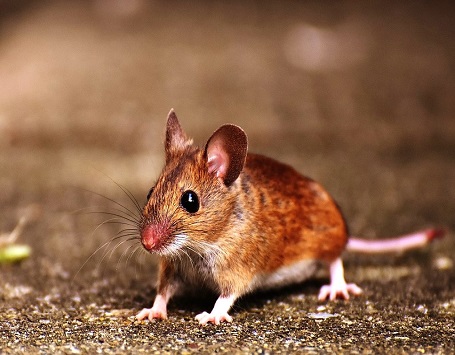Smart Strategies for Effective Home Pest Management
 Pests can be a nuisance and a health hazard, making effective pest control a priority for homeowners. This article provides a comprehensive guide to managing pests in your home, covering everything from prevention tips to handling infestations effectively.
Pests can be a nuisance and a health hazard, making effective pest control a priority for homeowners. This article provides a comprehensive guide to managing pests in your home, covering everything from prevention tips to handling infestations effectively.
Understanding Common Household Pests
Before you can effectively manage pests, it’s important to understand what you’re dealing with. Common household pests include:
* Insects: Ants, cockroaches, bed bugs, and fleas.
* Rodents: Mice and rats.
* Arachnids: Spiders and mites.
Each pest has specific behaviors and preferences, influencing the best control methods.
Preventative Measures to Keep Pests Away
Prevention is always better than cure when it comes to pest control. Here are some effective strategies to keep pests out of your home:
Maintain Cleanliness
* Kitchen: Keep counters and floors clean of crumbs and sticky spots.
* Trash: Dispose of garbage regularly and use bins with tight-fitting lids.
Seal Entry Points
* Windows and Doors: Check for gaps and install weather-stripping.
* Walls and Foundation: Seal cracks and crevices with caulk.
Reduce Moisture
* Fix Leaks: Repair leaking pipes and faucets.
* Dehumidify: Use dehumidifiers in damp areas like basements.
When to Seek Professional Help
Sometimes, despite your best efforts, you might face an infestation that requires professional intervention. Here are some signs that it’s time to call in the experts:
* Persistent Presence: If pests continue to appear despite thorough cleaning and home sealing.
* Large Numbers: Seeing large numbers of pests typically indicates a significant infestation.
* Damage to Property: Signs of gnawing, holes in walls, or damaged goods are serious indicators.
For reliable pest control services, consider contacting pest control St George.
DIY Solutions for Minor Pest Issues
If the pest problem is minor, here are some DIY solutions that can help:
Natural Repellents
* Essential Oils: Peppermint, tea tree, and citronella can deter many types of insects.
* Vinegar: Useful for repelling ants and fruit flies.
Traps and Baits
* For Rodents: Snap traps or live traps can effectively catch mice or rats.
* For Insects: Sticky traps or bait stations can manage the population of smaller pests.
Safe Use of Pesticides
If chemical intervention is necessary, it’s important to use pesticides safely:
* Choose Correctly: Select a pesticide designed for the specific pest you are dealing with.
* Follow Directions: Always read and adhere to the product’s instructions.
* Protect Yourself: Wear gloves and masks if recommended.
Monitoring and Maintenance
After addressing an infestation, continuous monitoring is crucial to prevent recurrence:
* Regular Checks: Inspect your home regularly for signs of pests.
* Maintenance: Keep up with home repairs and cleanliness to deter pests.
Further Steps
Maintaining a pest-free home requires ongoing effort and sometimes professional help. By understanding the habits of common pests, taking preventative measures, and knowing when to seek professional assistance, you can protect your home and health from these unwanted invaders.